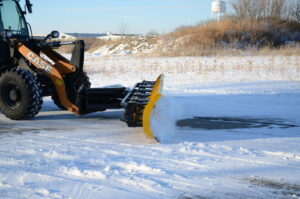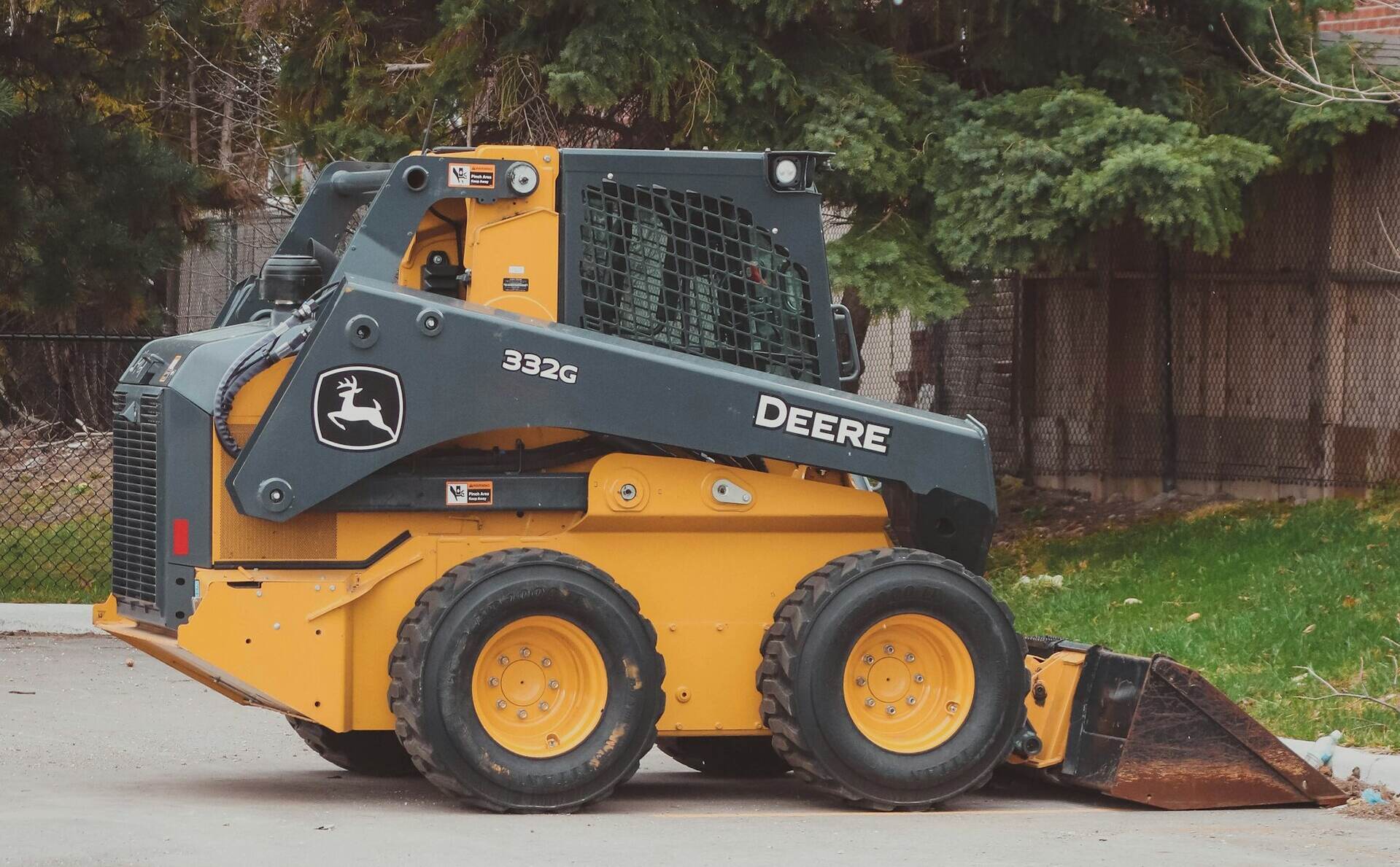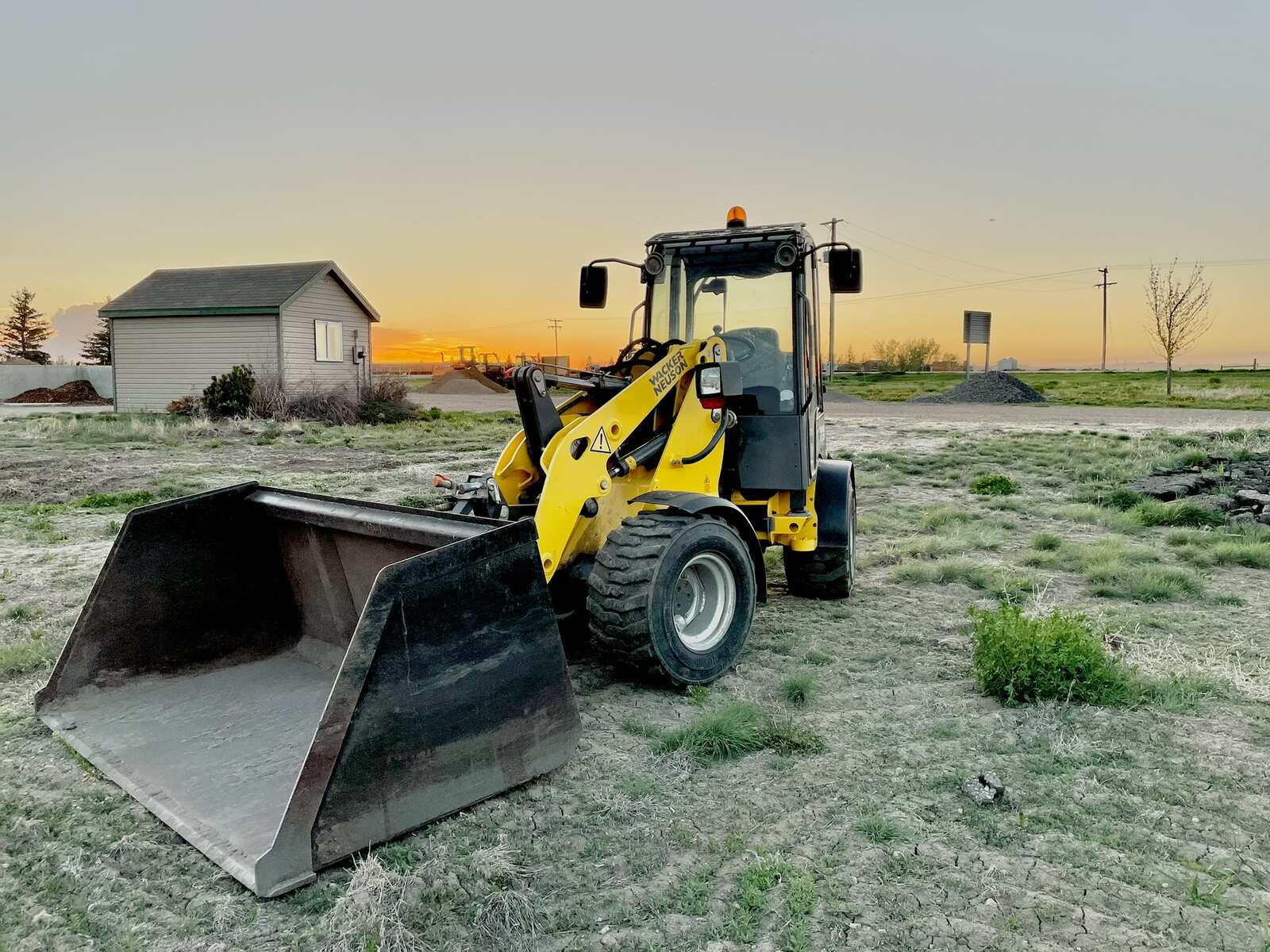Discover the comprehensive guide to choosing the perfect equipment for your DIY project. From transportation considerations and safety precautions to operation and training tips, this article covers all the essential factors you need to know. Learn how to estimate project duration, analyze costs, and ensure maintenance and support. Make informed decisions and enjoy a successful and rewarding DIY experience.
Introduction
Undertaking a do-it-yourself (DIY) project can be an exciting and rewarding experience. From landscaping to home renovations, having the right equipment is crucial for a successful outcome. In this comprehensive guide, we will explore the key factors to consider when selecting equipment for your DIY project.
1. Transportation and Weight Considerations:
Transporting equipment is an essential aspect to consider. Begin by assessing the weight of the machinery you require. This information will help you determine if you can transport it yourself or need to rent a trailer or utilize a delivery service provided by the rental company. Consider the logistics of getting the equipment to your project site, ensuring enough space for unloading.
- Research rental companies that offer equipment delivery services.
- Inquire about any additional costs associated with delivery or pickup.
- Assess whether your project site can accommodate the size of the equipment and whether any permits are required.
2. Safety Precautions:
Prioritizing safety is paramount in any DIY project. Take the necessary precautions to protect yourself and others by considering the following:
- Call your local utility locates service to mark out gas lines, water lines, electrical cables, and other underground utilities before starting excavation or ground disturbance.
- Be aware of overhead power lines and ensure your chosen equipment will not pose a risk.
- Consider using personal protective equipment (PPE) such as helmets, gloves, safety glasses, and steel-toed boots.

3. Operation and Training:
Selecting equipment that you are comfortable operating is essential. While many rental companies provide user manuals, acquiring knowledge and training beforehand is beneficial.
- Research equipment models and understand their functionalities, controls, and maintenance requirements.
- Attend training programs offered by rental companies or equipment manufacturers.
- Take advantage of free training sessions or phone consultations rental companies provide to familiarize yourself with the equipment’s operation.
4. Time Estimation and Rental Rates:
Accurately estimating the duration of your project can help you optimize costs and avoid unnecessary expenses. Consider the following factors:
- Break down your project into tasks and estimate the time required for each.
- Compare daily, weekly, and monthly rental rates to determine the most cost-effective option for your project’s duration.
- In your estimation, account for potential delays and unforeseen challenges, allowing for some buffer time.
5.Cost Analysis:
Analyzing the costs associated with your DIY project will help you decide about equipment rental versus hiring professionals. Consider the following cost factors:
- Rental fees: Compare rates from different rental companies to find the best deal.
- Transportation costs include fuel expenses and additional equipment delivery or pickup charges.
- Time and effort: Evaluate the value of your time and the level of expertise required for the project.
- Professional services: Assess whether hiring a contractor or specialized company is a more cost-effective option for complex tasks.
6. Maintenance and Support:
Ensure that the equipment you choose is well-maintained and you have access to support if issues arise during your project.
- Inquire about the rental company’s maintenance practices and the condition of the equipment.
- Understand the process for reporting malfunctions or breakdowns and how quickly support can be provided.
- Ask about the availability of replacement equipment in case of significant failures.

Conclusion:
Choosing the right equipment for your DIY project is crucial for success. By carefully considering transportation, safety precautions, operation and training, time estimation, cost analysis, and maintenance and support, you can make an informed decision that aligns with your project’s needs and budget. Remember, thorough planning and research will ensure a smooth and rewarding DIY experience. Good luck with your project, and enjoy the satisfaction of completing it on your terms!








